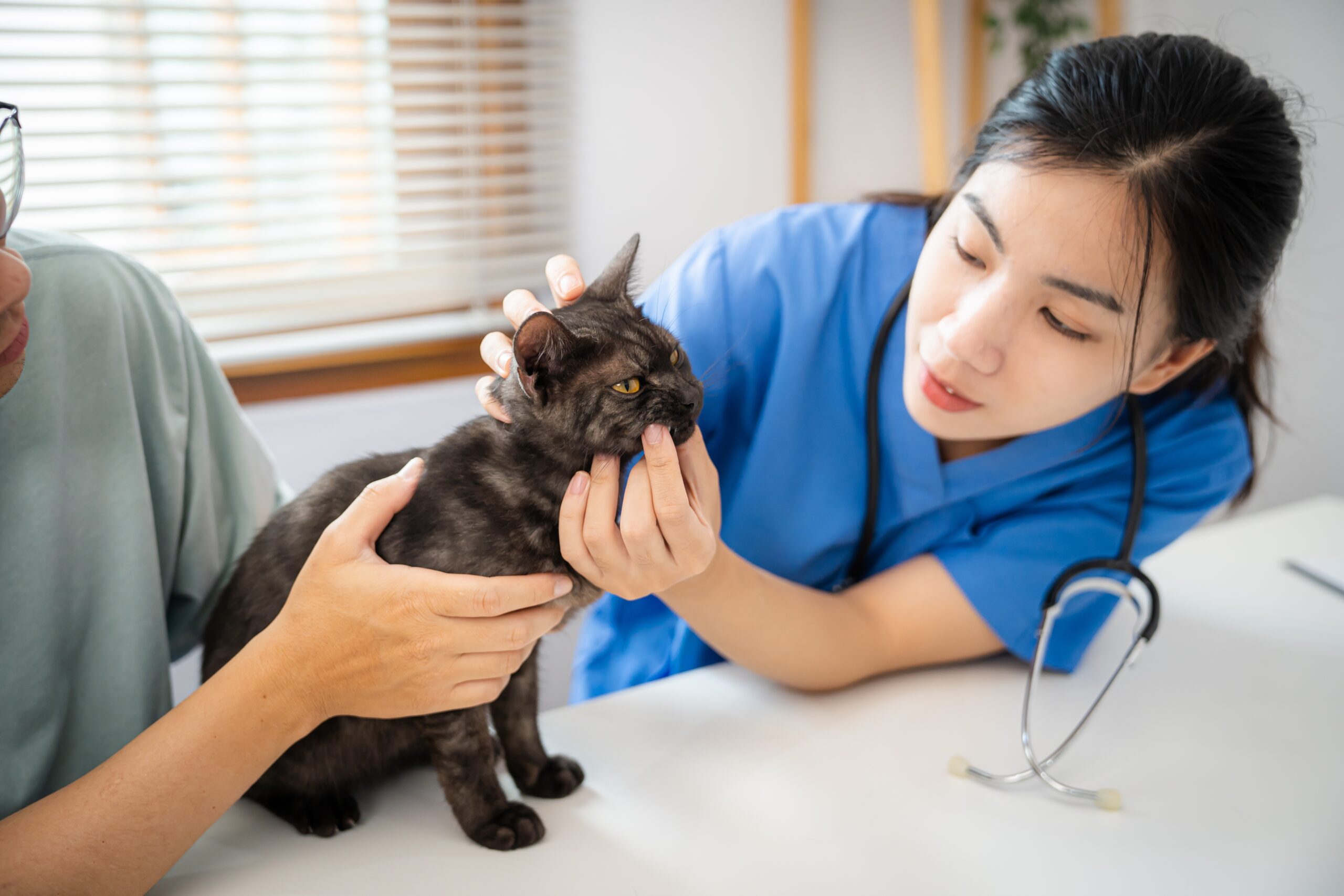Ireland and the UK have experienced some of the hottest weather on record in recent weeks. Most people are delighted with this weather but anybody with animals will agree that it can be very stressful and our horses are not used to dealing with this heat. We need extra resources to keep our animals cool. Horses that live out have to come inside out of direct sunlight, more drinking water and, of course, the pesky flies are out in force.
In my opinion, there are some shows that went ahead on days when the temperature exceeded 30c that should not have been allowed to go ahead. Maybe the show organisers did not expect it to get as hot as it did, but from a welfare perspective, I believe any competitions involving animals should have been called off.
Heat Stress refers to the body’s inability to regulate normal body temperature. A horse can cool down in two different ways: sweating and exhaling warm air. Heat Stress, if left untreated, can lead to Heat Stroke, which can be life-threatening. Some symptoms of Heat Stress to look out for:
It is not just horses in training that heat stroke can affect. Factors such as poor ventilation in the stable and obesity can also increase the risk of the horse’s inability to regulate body temperature in a hot climate. Older horses’ bodily functions are not as efficient as they once were, so they are also at higher risk.
So what to do when you suspect your horse is suffering from Heat Stress?
The key is for the horse’s body temperature to return to normal and to replace any fluids lost through sweating as quickly as possible. If the body temperature reaches 40c or over and remains for over 15 minutes, this is the danger zone and this is when organs and the brain begin to shut down.


Share
Your subscription is 100% Free for our first year, No credit card details required.

The Judging Concerns That Keep Coming Back — And Why They Can’t Be Ignored Anymore We didn’t make it to

There are few sporting events that live up to the hype. Wimbledon? Too many strawberries. Cheltenham? Too many suits. But

British Veterinary Association publishes full response to Competition and Markets Authority’s proposed remedies for veterinary market for household pets. The